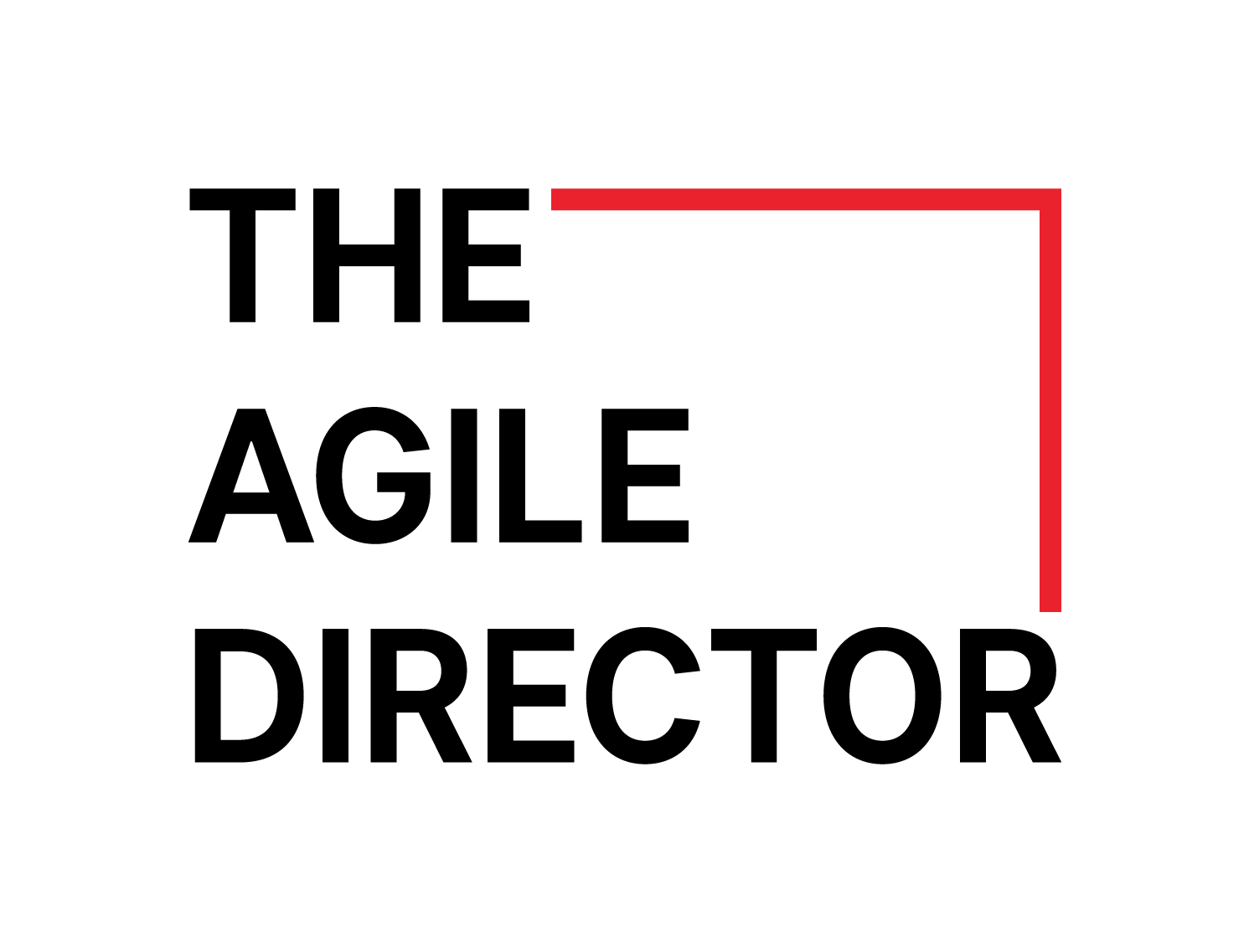Corporate Governance and why NFPs need to pay attention
By Andrew Donovan
If you think bad governance is a financial sector disease think again.
Bad governance is not discerning. It can be found in all sectors, in organisations of any size. While it has often gone undiagnosed in the past, recently there’s a growing awareness of the ravaging effects it can have on its host – ranging from poor culture, lack of purpose and meaningless values to poor financial stewardship, lack of diversity and boards and management who are ill-equipped to lead.
Treatment to remedy past damage and prevent future occurrence is well underway – and, like many treatments – it may hurt before it gets better.
But with the attention largely focused on the financial sector in 2018, it can be tempting for other organisations – particularly NFPs – to think they’re immune because they’re on higher moral ground and will escape treatment. This is not the case.
Let’s look at what’s happening with Cricket Australia, the Royal Commission into Aged Care, and examine what the impact will be for NFPs.
Cricket Australia
“The leadership of Cricket Australia should accept responsibility for its inadvertent (but foreseeable) failure to create and support a culture in which the will-to-win was balanced by an equal commitment to moral courage and ethical restraint.” -Ethics Centre Report
The recently released Ethics Centre Report into the woes of Cricket Australia is compelling reading. It examines the ball tampering incident in South Africa in 2018 in the context of a culture that encouraged a single-minded determination to win, and seemed to exist for the sole purpose of “winning without counting the costs.”
This however was not in line with the stated values of Cricket Australia, which committed to making every ball count and playing to win, but also balanced this by espousing respect, innovation, self-discipline, a positive atmosphere and diversity.
“Strong ethical cultures are built and maintained in conditions of positive alignment between an espoused Ethical Framework and daily practice.” – Ethics Centre Report, Pg 23
The underlying problem at Cricket Australia was that the stated values were not the lived values. A survey completed by 469 Cricket Australia staff and external stakeholders identified a huge discrepancy between the board’s understanding of how values were being lived, and that of other stakeholders. It was the board’s responsibility to ensure that the values were being lived and if not, to address that. However unbeknownst to the board, a set of ‘shadow values’ were lived, essentially eroding any ethical foundation that would have supported fair play and prevented the events in South Africa.
Shadow values and Aged Care
The idea of ‘shadow values’, a term coined by the authors of the Cricket Australia report, resonates with me. Shadow values follow close on the heels of true values and, while they may resemble the original in some ways, they have no substance to support scrutiny, carry no weight and won’t hold up in any light.
I propose that while Cricket Australia may be the first organisation to have been branded with ‘shadow values’ they won’t be the last. I think we’ll be seeing a lot more when the Royal Commission into Aged Care kicks off in 2019.
In recent weeks the country’s top 100 Aged Care providers received requests for information due early in the new year. This will form the basis of the examination of Aged Care, looking at a range of issues including quality of care, mistreatment and abuse, future challenges and opportunities to deliver accessible, affordable and high quality services in Australia. The outcome of the Royal Commission will be a report that is expected to include recommendations of how best to deliver care in a sustainable way, models of care, investment requirements, and technology and infrastructure changes.
In short, it will be running a fine tooth comb over Aged Care – just as we recently saw with the finance sector – and potentially lead to an overhaul of the system. Whatever the outcome or changes that follow, the very process of the Royal Commission itself will introduce external scrutiny and give voice to stakeholder demands for change, more robust governance practices and greater accountability and transparency.
Expect also, loud and clear, a replay of messages about culture and values. As we saw in the case of Cricket Australia, it wasn’t a stated value that caused the deterioration of ethical conduct, it was the unwritten rules.
I expect the same here. No Aged Care provider states openly that they’ll cut corners and compromise care to save money, but this may be an example of a shadow value that has been able to take hold because of boards’ distance from the reality of the state of play.
Out of the shadows
In the current climate there is increased scrutiny and transparency of the inner workings of organisations. Combine this with stakeholder groups that have been growing in voice and power and you can expect that organisations showing signs of bad governance will be sniffed out and held to account in future. The shape this takes – whether through greater regulation, harsher fines etc – is yet to be seen. The one known however is that no organisation will be immune. It may take time, but the days when NFPs were, for some reason, considered of stiffer moral fabric than other organisations are numbered.
If the cases of the big banks and Cricket Australia have anything to teach us it’s that we need to get our houses in order. What are our values and how are they played out in the day to day? Is there alignment and a healthy culture or is the reality in fact a set of ‘shadow values’ that are at odds with the desired culture and conduct of your organisation.
The level of scrutiny has never been greater, and with increasing coverage and powerful stakeholders, you need to ensure your values contribute to a healthy culture and ethical conduct. Are you ready?
Global Governance Initiative (GGI) offers a complete corporate governance education suite that can be completed online, where and when you choose on the device of your choice. Read more here.
If you’ve found this article useful please share it and be sure to follow us on LinkedIn. If there are any topics you’d like us to cover, or if you have burning governance questions, we’d love to hear from you info@ggi.community



